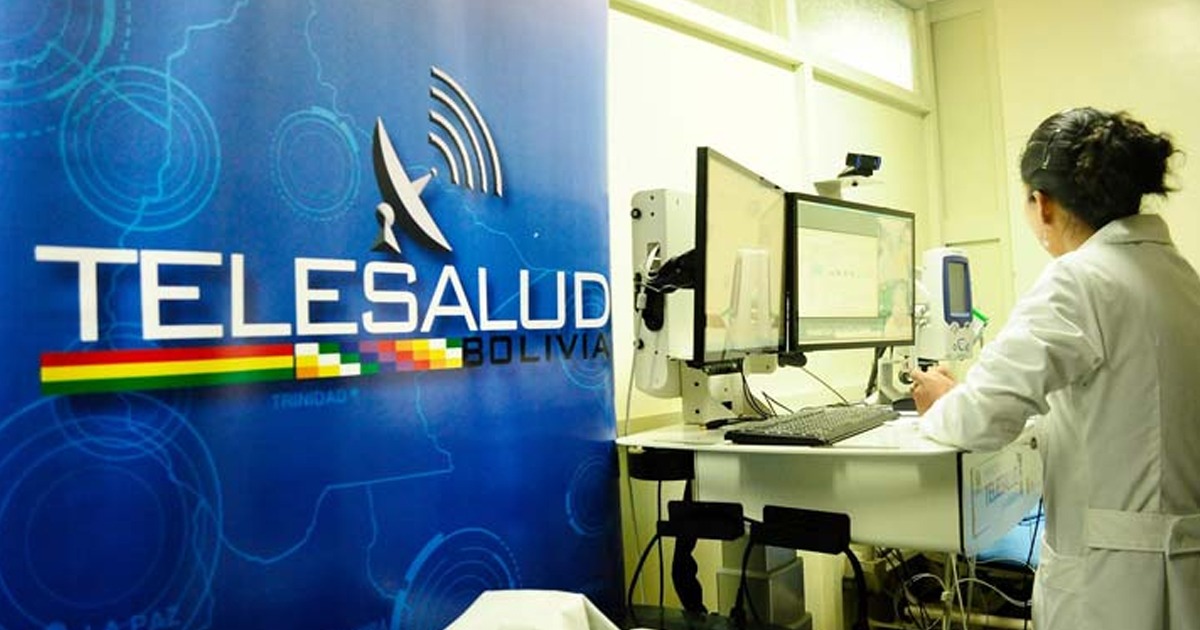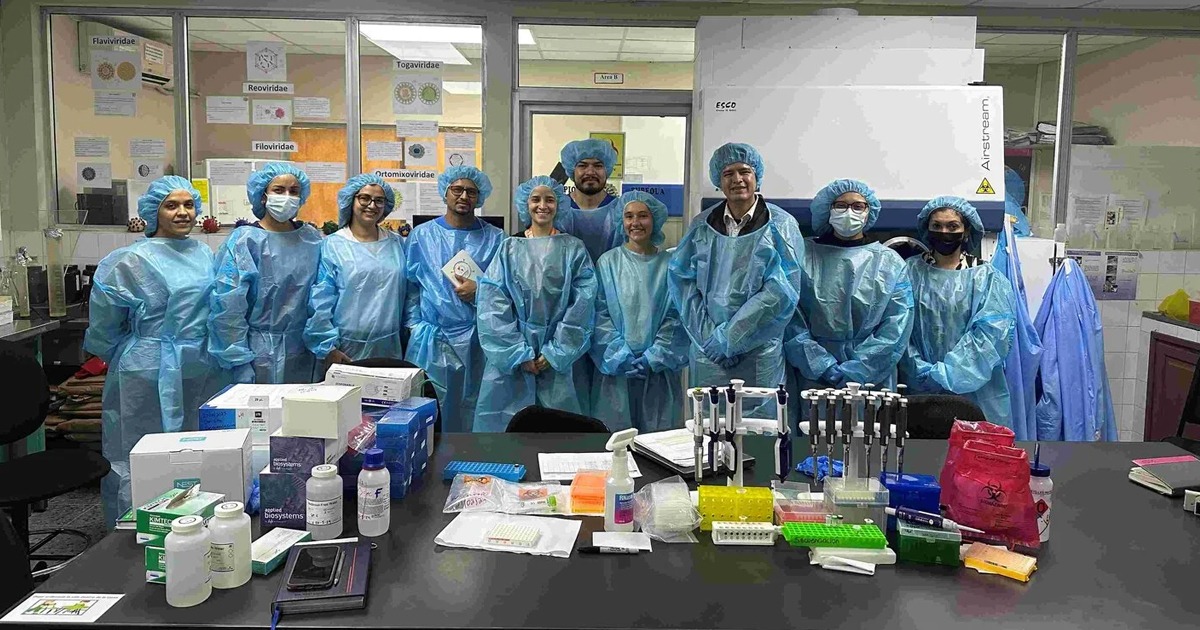The University of Alberta in Canada has developed an Artificial Intelligence (AI)-based screening tool to assist physicians in diagnosing depression.
Depression is a common illness, affecting approximately 1 in 10 adults worldwide. The World Health Organization estimates that more than 300 million people worldwide suffer from depression. However, only 30% of people with depression receive professional help for treatment.
Despite the prevalence of depression worldwide, diagnosis of this disease remains difficult as there are no biological tests and symptoms vary depending on the individual patient.

"We don’t have a clear picture of exactly where depression emerges, although researchers have made substantial progress in the biological underpinnings of depression," explained Bo Cao, assistant professor in the Department of Psychiatry at the University of Alberta and leader of the project.
To develop the AI model, the researchers will compare the profiles of 8,000 people diagnosed with major depressive disorder (MDD) with a control group consisting of data from more than 200,000 people who have not been diagnosed with depression.
The data of the 8,000 people were collected from UK Biobank, the most important biomedical database in the United Kingdom, since it has genetic and health information on more than 500,000 British men and women. This database includes medical records, brain scans, social determinants, personal factors, etc.
The researchers will be able to identify, thanks to this information, whether it is possible to determine whether MDD can be identified through social, personal and health records, as well as improvements in magnetic resonance imaging to improve diagnosis.
The tool will be developed over the next 18 months and if it proves effective it will be applied in the Alberta health system for verification.
The project has funding from the Precision Health Seed Fund Award, an award that brings together scientists from Canada and the UK specializing in computational psychiatry, AI, psychology and cognitive neuroscience. "Our goal is to provide precision medicine in mental health, but that’s going to take decades. However, we dare to work toward this goal now with the support of our university and other visionary philanthropists and agencies," explained Cao, the project leader.





